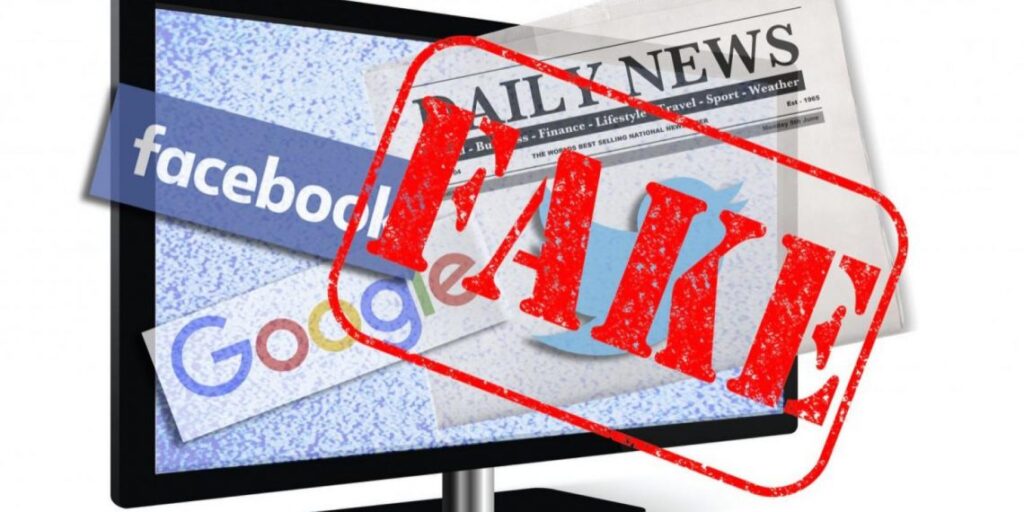
In today’s information landscape, fake news with regard to the political context is an increasing concern that demands attention. Fake news is caused by a number of factors, such as the propagation of preexisting ideas through social media, the mistrust of fact-checking, and the harm that opposing viewpoints do to political leaders.
The dissemination of false information in the news with the intention of misleading the public has damaged public confidence in political leaders’ ability to govern effectively. Fake news has also had an impact on election results and the implementation of policies.
Fake news’s detrimental effects on political trust have significant ramifications for our democracy. Voting and civic behaviour are influenced by public trust in political institutions; disgruntled voters are more likely to abstain from voting or support populist candidates.While worries about ineffective government can occasionally spark citizen mobilisation, a strong sense of cynicism and mistrust can also make people stop engaging in politics.
Many observers predict that political trust is being undermined by fake news. However, it would be more accurate to describe some disinformation sources as trying to transfer trust from major political entities to fringe groups or from mainstream institutions to other sources. While a fall in public confidence in politics among citizens can be detrimental, an unjustified boost in confidence based on fraudulent narratives would present comparable challenges. For example, if an overly positive perception of the government leads people to believe that no more mobilisation or action is required, this could be dangerous.
